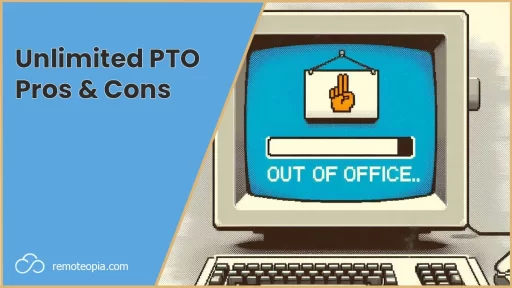
One of the benefits of working from home that a lot of people notice just occurs naturally, is the reduction in spending compared to going into the office.
Let’s take a look at the ways working from home saves you money by design, and some tactics we can further implement to help us save.
How Working From Home Saves You Money
The below will help you save money just by not having to go into the office!
Commute
The biggest saver for a lot of people is the commute.
When I was in the office 5 days per week, my weekly travel cost for the train was around $50 (£46) per week.
$200 (£159) per month and $2400 (£1,907) per year. That’s a substantial saving.
When you add in, not having to get up at 7am and cram myself onto a train, the reduction in stress and improvement in wellbeing, having no commute made a substantial difference to my life.
Lunch out
I’d always have the best intentions to prepare lunch and bring it into the office to save money, but it rarely happened.
The math on eating lunch out every day is actually very similar to the costs of the commute, perhaps even more! I’m not even including the semi-regular breakfasts I’d pick up on the way into the office.
At home, it is so much easier to prepare healthy, budget friendly meals for lunch and breakfast. Not to mention the coffee at casa de James is a lot cheaper!
Clothing
I didn’t actually realize I was saving money on this until a couple of years after working from home.
Office attire was semi-formal; for me that meant chinos and a jumper. I’d also go through shoes so much faster with all the walking I’d get through in the office and heading to it.
More formal clothes tend to be more expensive than the casual attire most people work from home in.
Work from home clothes go through less wear and tear than when we’re out and about too, meaning less turnover and expenditure.
I’d also feel the need to wear something different every day for the week in the office. Full disclosure, I wear the same thing a couple of times a week at home!
Due to this, I also use the washing machine and drier less and pay less for fabric softener and tabs.
Less Impulse Spending
Morning coffees, a lunch splurge, a few drinks in a bar near the office, a trip to the shops after work.
If you work in a big city like me, they’re pretty much designed to lure you in to spend your hard earned cash at every corner.
I can’t put a figure on this as the spending was often sporadic, but I’d estimate that avoiding these impulses by being at home saved me at least a few grand per year.
Reduction In Childcare
This one has the potential to save you a lot of money, but it depends on everyone’s individual circumstances as to whether it’s possible to reduce childcare and take on some of the burden from home.
Perhaps a slight reduction is more realistic when you’re not in the office so often.
School pick ups are a lot easier too, which helps reduce the hours you might have to pay for a minder.
You’ll be richer for having more quality time to spend with the kids too 🙂.
Work From Home Ideas To Save More Money
Here are my top ways to add some additional savings when working from home.
Decrease Utility Bills
Working from home will result in greater usage of electricity, gas, internet etc.
Taking time to speak to your providers, particularly at the end of your contract, can help you save a decent amount each month.
If you’re in a climate that has cold winters, it might be worth investing in a mobile heater as opposed to heating the entire home.
I need heat for about 5 months of the year. Having a low-energy consumption heater and only heating the rooms I need for the past year has saved me over $100 (£79).
Meal Planning
There can still be a temptation to order an Uber Eats or head out to a local restaurant for lunch, which is fine once in a blue moon.
If you can build your lunch work week meal ingredients into your weekly shop though, you can save a small fortune vs office lunches out and the quick coffee on the way into the office.
Having your home kitchen to yourself makes prepping meals at lunchtime so much easier than in a busy office with one microwave too!
Tax Deductions
Depending on where you live, you might be able to claim tax reductions on things like home office deductions, office supplies and utility bills and other items or bills related to your workplace.
Here’s where you can find more information:
🇺🇸 US
🇬🇧 UK
Remote Work Offers
This varies on an employer by employer basis.
Stipends for home office equipment such as ergonomic chairs and desks can be offered by some businesses.
Internet, phone, cybersecurity tools and other integral technology subsidies are also sometimes offered.
Although not solely applicable to just remote work, a lot of companies offer professional development subsidies too.
Check your contract and reach out to your HR department to understand what your employer offers and how you can benefit.
Set A Budget & Track Spending
Most importantly, tracking and creating a budget with your target savings will keep you focused on your goals and enable you to get valuable insights into your spending.
There’s some great free budget spreadsheets available via Microsoft that you can use to keep you on track.

James Waite
Founder of Remoteopia, James has worked in remote roles for 6 years. After a stint in recruitment, he now works as a director of website strategy in tech.




